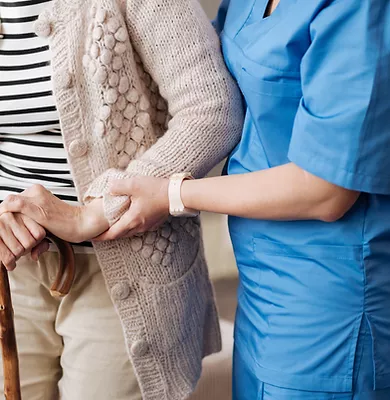Hope at hand Ltd
At Hope at Hand, our main aim is to make a lasting and positive difference for everyone we support. We provide a large scope of domiciliary care and supported living services for people aged 16 years and over with learning disabilities, autism, or mental health condition. We also support older people who require home care, nursing, and dementia care in later life.
We provide their care the way they want, at a time when they want to have it delivered. Our clients participate in all decision-making, to allow them to remain independent whilst receiving the care they need. We know that emotional and moral support for our clients and their family can be just as important as our specialist care knowledge. This is one of the core values in the support we provide and we always keep in close contact with family and friends.
Our specialist recruitment team ensures that we only hire the best members for our team.
We vow that we will only give the highest possible standard of care. Our caregivers are committed to delivering outstanding care and support; the same kind of care we would like for our own family.

Our Brilliant Care Staff members
Our primary objective is to develop our workforce‘s career by giving a platform to increase their responsibilities and contribute to the company innovative and new ways of providing quality services.
All new staff have an induction program based on the All Wales Induction Framework for Health and Social Care and the accompanying resources. All new and inexperienced staff “shadow” a more experienced staff member for a period until they are considered safe and competent to work on their own.
The organisation shall appoint an independent training provider to work with our coordinator and ensure that everyone is competent in the subjects that are considered “mandatory” (manual handling, etc.)
The coordinator will identify and meet any special learning needs arising from service users’ personal plans, e.g. if they have dementia or if it has been agreed that care staff will carry out delegated healthcare tasks such as administration of medication or catheter care, and will provide or enable those staff to receive the appropriate training. The evidence for the effectiveness of this approach can be found in individual training records and the number of certificates gained by staff.
